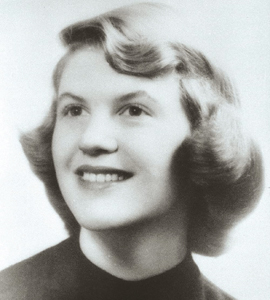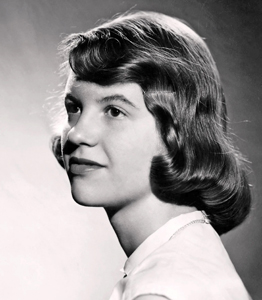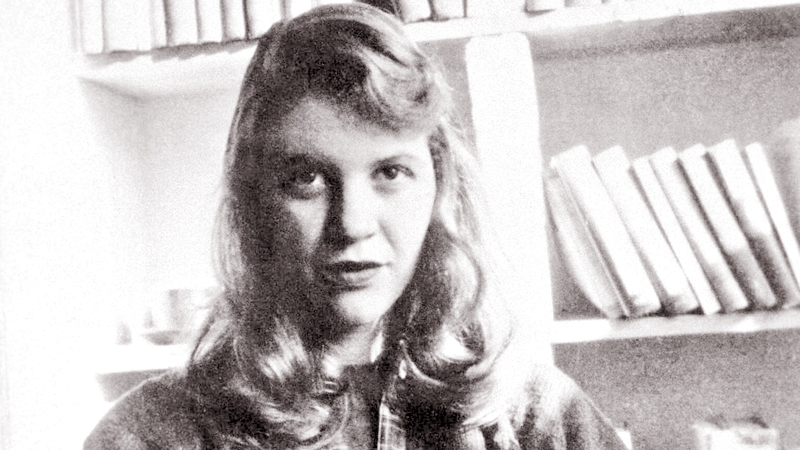I get inspired by confessional writing, a well-recognized literary movement that came into being in the United States during the late 1950s and 1960s.
 I get teary-eyed and cannot resist myself trying to comprehend the perspective of a remarkable poet whose writing relentlessly falls into the cohort of confessional writing that has a tremendous impact on the 20th century American Literature.
I get teary-eyed and cannot resist myself trying to comprehend the perspective of a remarkable poet whose writing relentlessly falls into the cohort of confessional writing that has a tremendous impact on the 20th century American Literature.
Wordsmith
American poet and author Sylvia Plath was a synonym for the sweeping umbrella of confessional writing. Plath’s tragic suicide in 1963 was a source of profound grief to the community of English writers, notably those who are passionate about her confessional writing style.
Plath was arguably a wordsmith. Her incisive and knifelike intellect fuelled her soul, searching endeavors, embedded with her writing that was enriched with her own personal and emotional battles that ultimately forced her to take her own life.
She scuffled and struggled with the concept of a “False Self”, advocating a grapple in dispensing different versions of herself to her reading audience.
 Plath herself was a role model. Some critics say that she was a decisive milestone in American Literature. However, she was undoubtedly a part and parcel of the tradition for the entire community of English poets.
Plath herself was a role model. Some critics say that she was a decisive milestone in American Literature. However, she was undoubtedly a part and parcel of the tradition for the entire community of English poets.
‘The New York Times’, in its book review, once described Plath as “One of the most celebrated and controversial of postwar poets writing in English”. Controversies often followed Plath as if she was destined to fall prey to them, which eventually made news headlines.
Criticism
Plath’s ‘The Bell Jar’ has often been vulnerable to criticism over its dubious and troublesome portrayal of race and gender: its reference of someone as “dusky as a bleach blonde negress” is an utterly criticized phrase used by Plath that invited a wave of displeasure and disappointment on her. Despite her candid and forthright statements, made on the matter of depression and suicide in this particular novel being praised by some critics, their majority is not in favour of them and complain that the novel does not contain an element that belongs to an ending of “happily ever after”.
Critics also say that Plath’s focus on agony and solitude, associated with mental illness may even be translated as idolizing and glorifying suicide as a form of solution. Critics also share a plate of sincere appreciation with Plath’s writing. Her courage, enriched by a huge sense of confidence in bringing the taboo subjects such as suicidal thoughts, depression and anxiety into the limelight is an aspect that receives a garland of compliments.
First-person account

Sylvia Plath
Plath’s deeply personal and autobiographical approach with her writing adds a solid narration on her preferred writing style of the first-person account, which has a knack of attracting the readers into a soul bound story, resonated in their personal citadels.
Her genuine willingness to defy strenuous passion and feeling is her distinctive characteristic. Plath’s poems are broadly distinguished by her use of evocative imagery and noticeable metaphors, frequently pictured with anecdotes and direct encounters that could make dominant and everlasting impressions.
The language that she employs is subtle and precise, and the same encourages her to fetch intricate emotions and vigorous ideas. Her research on female identity, notably in the framework of societal presumption and limitation, has elevated her into the status of an influential and remarkable writer in feminist literature.
Her poems provoke conventional and orthodox gender roles and traverse the complications and difficulties of female experience, echoing with the readers who are also in the very exact struggle of the life trajectory.
Plath’s well-defined and individual poetic voice is predominantly highlighted with its power, vulnerability, and universality that make it an exception where Plath still lives in the heart of her readers.Her influence on her contemporary writers is massive, where so many writers proudly claim her as their source of inspiration and tower of strength for their own emotional writing that takes the style of Plath’s confessional writing.The poet in Sylvia Plath never dies, but she ever lives in the castle of English literature.








